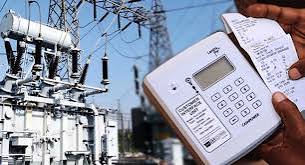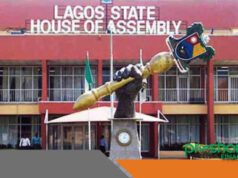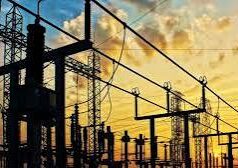
As electricity consumers brace for another tariff hike, sustainable energy expert Monica Maduekwe has urged the Federal Government to reconsider this approach.
She emphasized that implementing such an increase at this time could be counterproductive unless it is paired with significant, systemic reforms that demonstrate solidarity with the public and a genuine commitment to overcoming the longstanding challenges in the sector.
During a recent media interaction, Maduekwe, founder of PUTTRU—Africa’s leading energy investment facilitation platform—pointed out that if raising tariffs were a viable solution to Nigeria’s electricity crisis, the problem would have diminished following previous price increases.
She highlighted the unique nature of the electricity market, which serves as the backbone of the economy and has a cascading impact on other sectors of national life.
She stated, “The electricity market operates on principles of supply, demand, and pricing, similar to other markets, but electricity is fundamental to the entire economy. When power prices soar, the consequences extend to production, manufacturing, service delivery, and everyday life. Local products become less competitive, businesses may close, and economic growth can stall. A government committed to development must view a functional electricity market as essential.
“The fact that Nigeria has not established such a market decades after gaining independence raises important questions. Is it due to a lack of political will or insufficient institutional capacity?
“Assuming the political will is present, the capacity gap becomes even more concerning. The technologies needed for universal electricity access are available, and there is a wealth of global knowledge regarding market design, regulation, and grid modernization. The challenge lies not in knowledge but in implementation.
“One possible explanation for the stagnation is interference from entrenched interests whose agendas do not align with the need for progress.”
“These individuals or groups—both public and private—profit from the existing dysfunction. At the upstream level, this is evident when inferior equipment is purchased to maximize profit margins, contracts are granted based on factors other than merit, or power projects are approved without thorough oversight, resulting in frequent breakdowns and cycles of reinvestment.
“At the downstream level, the sabotage persists: electricity infrastructure is vandalized or misappropriated for personal gain, meters are tampered with, and major users often refuse to pay their bills, sometimes resorting to intimidation.”











